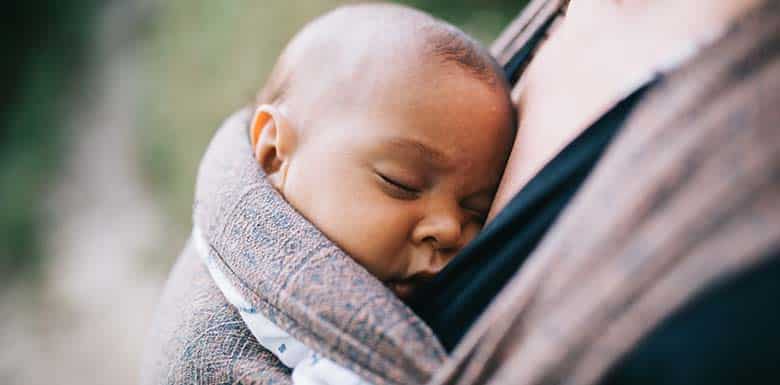
Written by Jonathan Breeden
Adoption is a big step for your family, and it can be difficult to decide if it should be an open or closed adoption. You genuinely want to do what is best for all involved. But you also need to protect your interests.
Let’s start by understanding the differences between an open and closed adoption and what they mean for your family – now and down the line.
Adoptions are categorized in two main ways: open and closed.
In an open adoption, the child and birth parents often have contact after the adoption. Even if there is no continuous contact, the adoptive parents typically have information about the birth parents, and the child can contact them later if they wish.
A closed adoption means no contact between the child and their birth parents. Although some medical history may be retained for future issues, adoptive parents are usually in the dark about the name and location of the birth parents.
The type of adoption selected can significantly impact everyone involved. There are effects on adoptive parents, birth parents and the child.
However, they may be protected from the negative influence of birth parents who may be struggling with legal issues, addiction, or other difficult circumstances.
When adoptive parents choose an open adoption, they can have a positive relationship with their child’s birth parents. They can be informed about past and future medical information that may help their child. They may also have a shorter wait time to find a birth mother.
However, if they opt for a closed adoption, the child may ultimately hold them responsible for not having the opportunity to know their birth parents.
Birth parents who participate in an open adoption get to know the adoptive family instead of having limited information about where their child will be going, as is common with closed adoptions. The birth parents may be able to decide what is best for themselves and their baby through open adoption.
They can openly communicate with the adoptive family and watch their child grow in a positive environment. Open adoption allows birth parents to know their child is safe and happy instead of constantly wondering if they made the right choice. Also, they will have a chance to explain to their child why they chose adoption.
But it can be challenging for a birth parent to let go of their role as a parent. This could hinder the adoptive parents’ ability to parent effectively, confuse the child, and strain the relationship.
In an open adoption, adoptive children typically get to know their birth parents through in-person visits, phone calls, letters, and emails. These children tend to have an easier time questioning why their birth parents chose adoption. Adoptees are also privy to their birth parents’ medical information, which can be helpful with genetic conditions. Many adoptees tend to form a stronger sense of identity when they know their birth parents.
Adoptees of closed adoption arraignments do not know or have little knowledge of their birth families. They could struggle with why their birth parents “didn’t want” them. They do not have medical information that can help with treatment in the future. They may also struggle with forming a sense of identity.
There is no right choice between open and closed adoption. You must decide what is best for you and your family. In some situations, you might decide that the middle ground is right for everyone involved.
If you are considering adoption in North Carolina and need legal advice regarding open and closed options, the Breeden Law Office is here. Call (919) 661-4970 today or use our online form to reach out and schedule a consultation.